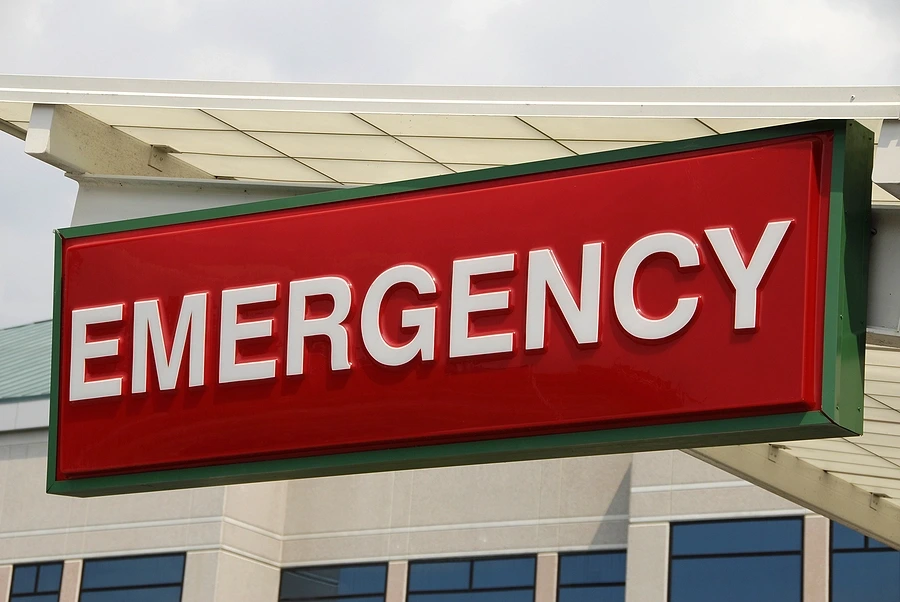Emergency Room Errors: Holding Negligent Medical Professionals Accountable in South Carolina

Emergency rooms (ERs) are critical healthcare settings where timely and accurate medical care can mean the difference between life and death. However, when medical professionals in South Carolina make errors in the ER, the consequences can be devastating for patients and their families. This blog explores common types of emergency room errors, the legal implications in South Carolina, and how victims can hold negligent healthcare providers accountable for their actions.
Common Types of Emergency Room Errors
Emergency room errors can occur due to a variety of factors, including high-stress environments, limited information, and the urgency of patient needs. Some frequent examples include:
- Misdiagnosis or Delayed Diagnosis: Failing to correctly diagnose conditions like heart attacks, strokes, or infections can delay critical treatment and worsen patient outcomes.
- Medication Errors: Administering incorrect medications or dosages, especially in urgent situations, can lead to severe reactions or complications.
- Failure to Order Tests: Neglecting to order necessary diagnostic tests, such as X-rays or blood work, can result in missed diagnoses or delayed treatment.
- Communication Failures: Inadequate communication between ER staff members, including nurses, doctors, and specialists, can lead to errors in treatment plans or patient management.
- Surgical Errors: Errors during emergency surgeries, such as incorrect procedures or complications during surgery, can result in serious harm to the patient.
Legal Implications in South Carolina
In South Carolina, emergency room errors that result from negligence may constitute medical malpractice. To establish a valid malpractice claim, several elements must be proven:
- Duty of Care: The healthcare provider had a duty to provide a reasonable standard of care to the patient.
- Breach of Duty: The provider failed to meet this standard of care due to negligence or recklessness.
- Causation: The breach of duty directly caused harm or injury to the patient. This requires demonstrating that the patient would not have suffered harm if the provider had adhered to the standard of care.
- Damages: The patient experienced actual harm or damages as a result of the error, such as physical injury, emotional distress, or financial losses.
Holding Negligent Healthcare Providers Accountable
If you or a loved one has been a victim of an emergency room error in South Carolina, taking the following steps can help hold negligent healthcare providers accountable:
- Document Everything: Keep detailed records of medical treatments received, symptoms experienced, and communications with healthcare providers.
- Seek Legal Advice: Consult with a reputable medical malpractice attorney who specializes in ER errors. They can evaluate your case, gather necessary evidence, and provide guidance on your legal options.
- File a Complaint: Report the incident to the appropriate medical licensing boards or regulatory agencies. This can help ensure that the healthcare provider’s actions are reviewed and addressed.
Conclusion
Emergency room errors can have serious and life-altering consequences for patients and their families. Understanding your rights and seeking justice for medical mistakes in South Carolina is crucial if you have been affected. A skilled medical malpractice attorney can advocate on your behalf, helping you pursue compensation for the harm you have suffered and holding negligent healthcare providers accountable for their actions. If you believe you have a case involving emergency room negligence, don’t hesitate to reach out to a qualified attorney who can provide the legal support and representation you need.

